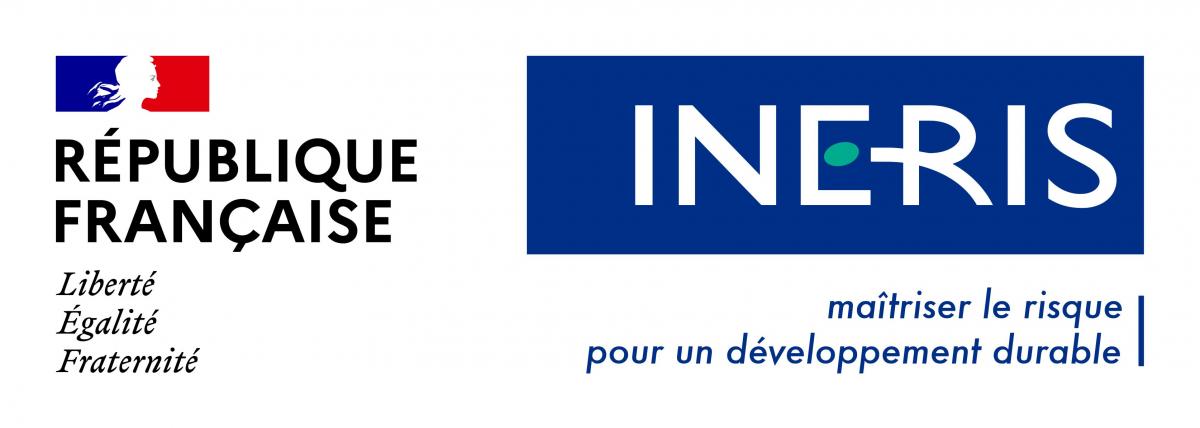Analysis of PBPK models for risk characterization
Résumé
Adoption of a Bayesian framework for risk characterization permits the seamless integration of different kinds of information available in order to choose and parameterize risk models. It also becomes easy to disentangle uncertainty from variability, through hierarchical statistical modeling. Appropriate numerical techniques can be found, for example, in the recently developed arsenal of Markov chain, Monte Carlo simulations. The developments in this area can actually be viewed as extensions of the traditional or standard Monte Carlo methods for uncertainty analysis. Following a brief review of the techniques, examples of Bayesian analyses of physiologically-based pharmacokinetic models are presented for tetrachloroethylene and dichloromethane. The discussion touches on some open problems and perspectives for the proposed methods.
